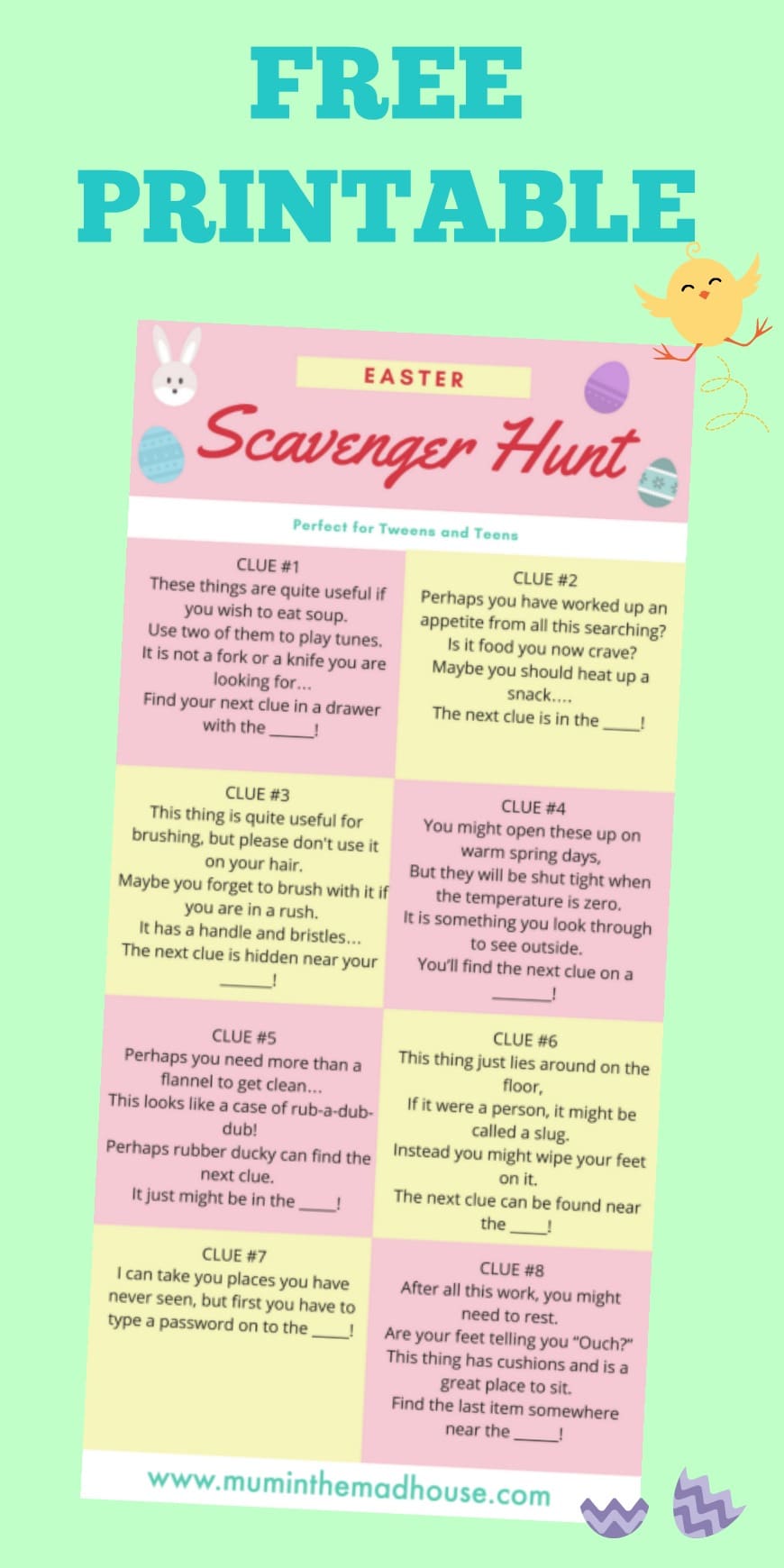Planning the Best Easter Scavenger Hunt for Families
Planning the Best Easter Scavenger Hunt for Families
Blog Article
Learn Why the Easter Egg Hunt Is Famous Worldwide and Its Importance
The Easter egg search, a cherished tradition across various societies, personifies much deeper significances that prolong beyond mere festivity. Rooted in historic techniques, this task represents styles of renewal and renewal, resonating with the arrival of springtime and the rebirth of Jesus Christ. As we check out the diverse cultural adjustments-- from complex egg decorating in Germany to the distinct Easter Bilby in Australia-- the significance of this practice comes to be progressively obvious. However, the evolution of the Easter egg quest in modern society questions regarding its future relevance and influence on neighborhood interaction. What might this imply for generations to come?

Historic Origins of Easter Egg Hunts
The tradition of Easter egg pursues has deep historical roots that intertwine with numerous cultural and spiritual methods. The practice can be mapped back to the 13th century when eggs were typically decorated and offered as gifts throughout the Easter season.
In addition, pre-Christian springtime celebrations included eggs as symbols of fertility and revival, reflecting the seasonal cycle of life. With time, the merging of these practices caused the contemporary egg search, where colorful, commonly candy-filled eggs are concealed for youngsters to discover, advertising community bonding and domestic joy.

Cultural Variations Around The World
Although rooted in Christian tradition, Easter egg pursues have adapted and changed, showing varied social practices around the globe. In the United States, children excitedly browse for candy-filled eggs concealed in yards and parks, usually gone along with by festive celebrations. This lively occasion highlights community and family bonding during the springtime season.
In comparison, in Germany, the tradition usually consists of elaborate egg designing, where families repaint and embellish eggs prior to concealing them for kids to locate. The German custom-made also includes the "Osterhase," or Easter hare, which brings eggs, including a distinct spin to the hunt.
In Australia, the Easter Bilby has actually taken precedence over the Easter Bunny, advertising awareness for this jeopardized species. Therefore, Australian egg hunts may include bilby-themed activities, highlighting a commitment to ecological conservation.

Importance of Eggs in Easter Traditions
Eggs work as a powerful symbol of new life and resurrection in Easter practices, personifying the essence of springtime and revival. This symbolism is deeply rooted in different cultural and spiritual contexts, particularly within Christianity, where the egg stands for the resurrection of Jesus Christ. Easter Scavenger Hunt. The hard covering of the egg signifies the closed tomb, while the emerging life within signifies the hope of resurrection and eternal life
Historically, eggs have been related to fertility and regeneration across several civilizations, pre-dating Christian symbolism. In old cultures, eggs were usually colored and embellished as component of spring events, standing for the rejuvenation of nature. The method of egg designing has progressed, with intricate styles and lively colors that even more boost their significance during Easter.
In enhancement to their spiritual implications, eggs are likewise connected to the themes of sacrifice and redemption. The act of sharing embellished eggs amongst family members and buddies acts as a suggestion of the abundance of life and the delight of common parties. Thus, the egg remains a central theme throughout Easter celebrations, encapsulating the profound styles of hope, revival, and the intermittent nature of life.
Area and Family Engagement
Easter events promote a feeling of area and family members engagement, combining individuals from various backgrounds to engage in common practices. The Easter egg quest, specifically, functions as an inclusive activity that encourages participation from all ages, strengthening interpersonal bonds and communal ties. Families frequently work together to prepare for these occasions, developing possibilities for communication and deeper links.
Areas often organize large pursues that bring in participants past prompt family members, hence advertising social communication. Regional services and organizations typically sponsor these events, enhancing area spirit and sustaining regional economic climates. The act of gathering to hunt for eggs not just grows a joyful atmosphere but additionally motivates the sharing of stories and practices that extend generations.
In addition, these events promote a sense of belonging, as individuals join with a typical purpose. Taking part in such tasks can impart a feeling of satisfaction in one's neighborhood, while also commemorating cultural diversity. The Easter egg quest transcends plain enjoyment; it acts as a vital device for community-building and household engagement, enhancing the significance of togetherness in an increasingly fragmented globe.
Modern-Day Celebrations and Practices
In the last few years, countless neighborhoods have accepted innovative strategies to Easter events, evolving standard practices right into modern-day celebrations. Easter Scavenger Hunt Clues This evolution is identified by a blend of social influences and contemporary fads, making Easter more appealing and accessible for varied populaces.
One popular fad is the incorporation of modern technology into Easter egg pursues. Many neighborhoods currently utilize applications that boost the experience by offering ideas and tracking participants in real-time. This contemporary spin not only draws in tech-savvy family members but likewise cultivates a sense of competition and enjoyment.
Additionally, themed egg hunts have actually gained appeal, typically lining up with regional rate of interests or current events. Green egg hunts emphasize sustainability, using encouraging individuals and biodegradable materials to decrease waste. This shows a growing understanding of environmental problems within neighborhood events
Additionally, online events have emerged, specifically in action to worldwide occasions that limited gatherings. Online platforms allow families to get involved in digital egg pursues and interactive tasks, making sure that the spirit of Easter stays to life, no matter physical distance.
Conclusion
The Easter egg search, with its origins in ancient traditions and deep social importance, offers as a powerful symbol of regeneration and renewal. Inevitably, the enduring appeal of the Easter egg search highlights its importance in modern society.
The Easter egg quest, a treasured practice across numerous cultures, personifies much deeper significances that extend past plain festivity. The evolution of the Easter egg hunt in contemporary culture increases inquiries about its future significance and effect on neighborhood engagement.The tradition of Easter egg pursues has deep historic roots that link with various social and religious methods.Although rooted in Christian practice, Easter egg hunts have actually adapted and transformed, mirroring diverse cultural techniques around the world.The Easter egg search, with its origins in ancient customs and deep social importance, offers as an effective symbol of regeneration and renewal.
Report this page